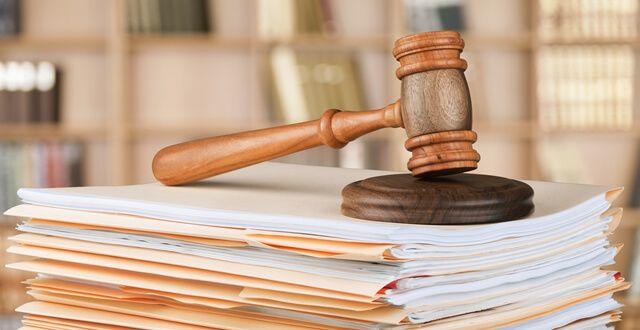Apostille is a procedure that involves affixing several seals to documentation. Academic credentials, private certificates, diplomas, and other regulatory paperwork are among the credentials. If the nation where the seekers wish to utilize the papers is a signatory of the Hague Convention is required. Before papers published in one jurisdiction to be accepted as legitimate in another one, these should be certified/legalized or Apostilled. Apostille is a certification that certifies and validates the individual who validated the document’s stamp and signatures. Apostilles are typically granted for adopting paperwork, business records, official documentation linked to vital records, judicial documents, property documentation, school papers, and patent claims, among other things.
Who is an apostille agent?
When you permit an apostille agent in another nation to operate on your account and lawfully obligate you in certain commercial or private activities with third-party companies as a portion of an agency agreement, this is known as authorization of agency.
Clients can get apostille or verification with the help of an apostille agency. It’s crucial to note, however, that you (the Registrar) need not grant or affix proper authentication to papers. The government body authorized to grant apostilles, generally the Secretary of State’s department, plays this responsibility. Only an approved government department has the authority to affix an apostille certification to documentation.
What do the apostille agent’s responsibilities entail?
The certificate apostille agents can perform a range of tasks in addition to a notary stamp the signings on documentation. A broker, for instance, can arrange delivery companies to transport certified papers that require apostille to the right institution. This could include shipping the signed documentation, a cheque for the transaction cost, the apostille requirements record, and a corresponding postage mark on account of the client to the apostille-issue office. The firm then would execute the application, affix the apostille, then return the paperwork to the Registrar or the client with the apostille attached.
Apostille providers could also call the granting authority on behalf of the consumer to receive advice on how to acquire an apostille. Consider the following scenario:
- You could be questioned if the client must present the genuine signed documentation or if a verified replica of the paperwork would suffice. Please keep in mind that hardly all states permit Notaries to verify duplicates of papers, and Agencies cannot verify duplicates of vital registration records like birth certificates, death certificates, marriage licenses, or divorce decrees.
- You could furthermore be inquired to verify with the state organization whether an apostille would be issued for documentation notarized employing distant notary stamp, as well as other specifics such as whether the file needs interpretation, a cover site, or contacting a government department agency to inquire whether the acquiring nation will necessitate extra paperwork.
What is the significance of an Apostille?
An Apostille merely validates the provenance of the open record to where it pertains: it proves the validity of the individual or entity who inked or stamped the public record, as well as the position in which they did so. The substance of the public record to which the Apostille pertains is not certified. Apostilles are only valid for the usage of public records in other countries.




